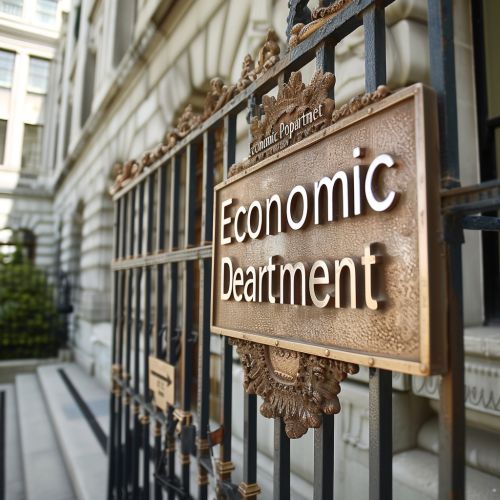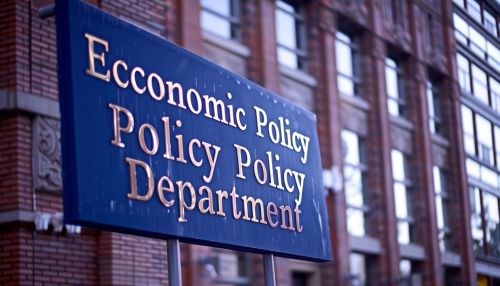Economic policy
Introduction
Economic policy refers to the actions that governments take in the economic field. It covers the systems for setting levels of taxation, government budgets, the money supply and interest rates as well as the labor market, national ownership, and many other areas of government interventions into the economy. Economic policies are often influenced by international institutions like the IMF and the World Bank, as well as political beliefs and the consequent policies of parties.
Types of Economic Policy
There are several types of economic policies, including macroeconomic, microeconomic, and international economic policy.
Macroeconomic Policy
Macroeconomic policy focuses on the overall economy. It includes fiscal policy, monetary policy, and the management of the money supply and interest rates. The main objective of macroeconomic policies is to reduce unemployment, stabilize prices, and promote high and sustainable economic growth.
Microeconomic Policy
Microeconomic policy deals with the individual sectors of the economy. It includes competition policy, policies for human capital development, and policies for natural resource management. The main objective of microeconomic policies is to increase efficiency and productivity, and to promote innovation and entrepreneurship.
International Economic Policy
International economic policy involves the management of international trade, international investment, and aid to developing countries. The main objective of international economic policy is to promote international economic cooperation and to create a stable and predictable international economic environment.
Economic Policy Instruments
Economic policy instruments are tools used by governments to implement their economic policies. They include taxation, public expenditure, monetary policy, and trade policy.
Taxation Policy
Taxation policy involves the use of taxes to influence the economy. Taxes are used to finance public goods and services, to redistribute income, and to modify economic behavior.
Public Expenditure Policy
Public expenditure policy involves the use of government spending to influence the economy. Government spending is used to provide public goods and services, to redistribute income, and to stabilize the economy.
Monetary Policy
Monetary policy involves the management of the money supply and interest rates. The main objective of monetary policy is to maintain price stability and to support economic growth.
Trade Policy
Trade policy involves the management of international trade. The main objective of trade policy is to promote economic growth and to protect domestic industries.


Economic Policy Analysis
Economic policy analysis is the study of the economic effects of government policies. It involves the use of economic theory and empirical methods to analyze and evaluate economic policies. The main objective of economic policy analysis is to provide evidence-based advice to policy makers.
Economic Policy and Economic Development
Economic policy plays a crucial role in economic development. It provides the framework for economic activities, influences the allocation of resources, and affects the distribution of income and wealth.
Conclusion
In conclusion, economic policy is a complex and multifaceted field that involves a wide range of issues and challenges. It requires a deep understanding of economic theory and empirical methods, as well as a keen awareness of the political and social context in which economic policies are formulated and implemented.
